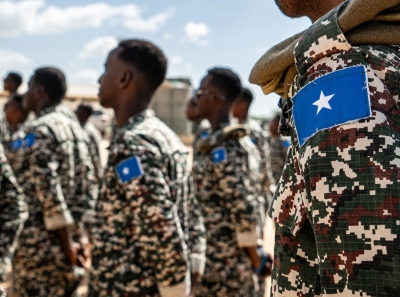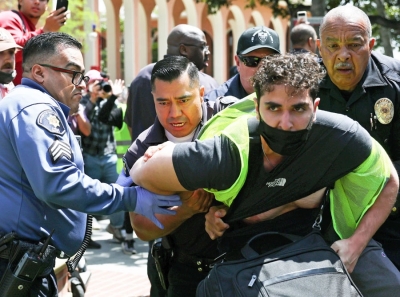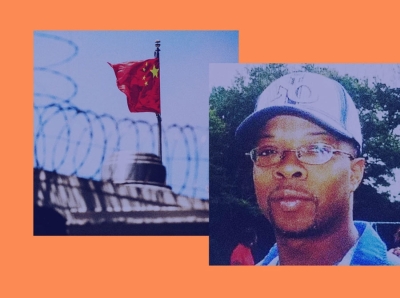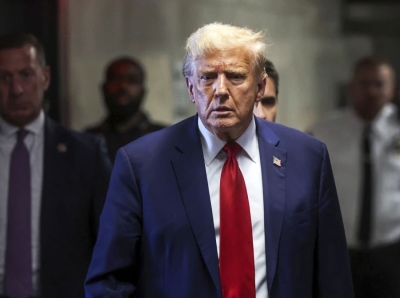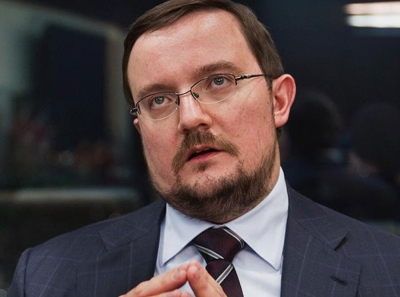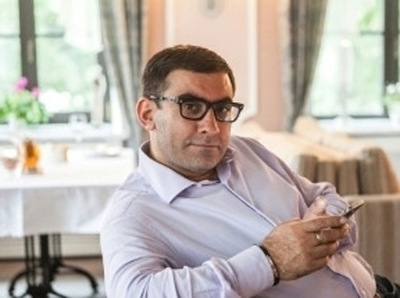Who will govern Montenegro?
The final result of the early parliamentary elections in Montenegro has not yet been announced but a victory for the new movement Europe Now seems likely, which would mean a change of government. Founded by former finance minister Milojko Spajić, Europe Now has secured 26 percent of the vote according to the latest projections. Commentators are divided over what this means for Montenegro’s pro-Western course.
At a crossroads
Večernji list stresses the significance of the vote:
“Without a doubt, these extraordinary parliamentary elections are among the most important in Montenegro in recent years. What’s at stake is either European integration or a return to the fold of the Western Balkans, or rather Serbia, under strong Russian influence. ... Although everyone spoke out loudly in favour of the EU and integration during the campaigning, it’s hard to believe that this can happen overnight, because Montenegro, apart from its divided society, is also dependent on external factors. ... Analysts there believe that a government should be formed as soon as possible, as Russia has not yet given up on Montenegro and could destabilise the country at any moment with Aleksandar Vučić’s help.”
Consistently pro-European
In Novaya Gazeta, political scientist Aleksandar Djokić examines the country’s future orientation :
“Whatever government-forming scenario Europe decides on now, Montenegro will remain a pro-Western state, i.e. a loyal Nato member and a promising candidate for EU membership — and it will not lift or alleviate the Russia sanctions already imposed. ... If Europe now fails to meet the electorate’s expectations of rapid economic growth in the next few years, the political balance of power in Montenegro could change. But even if that were the case, the Serbian nationalist parties would be unlikely to enjoy any significant success.”
Next elections on the horizon
Jutarnji list shakes its head:
“The ballot boxes have not yet cooled down in Montenegro but already they might have to be used once again. ... After everyone celebrated on election night and said that without them there would be no new government because they were the ‘most important cog’, it turned out that there is no sign of a new government due to all the ambitious and pretentious candidates. ... Just a few days after the historic decision of the citizens, who have had enough of all this (as the lowest voter turnout since the beginning of the multi-party system shows), the main topic in Montenegro is not who will form a coalition and govern with whom, but when the next elections will take place.”

